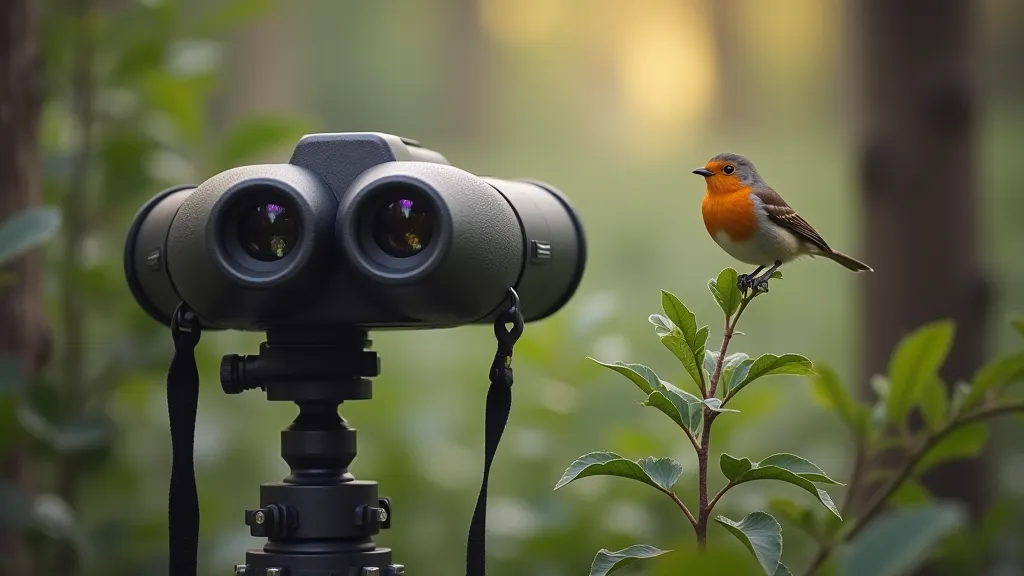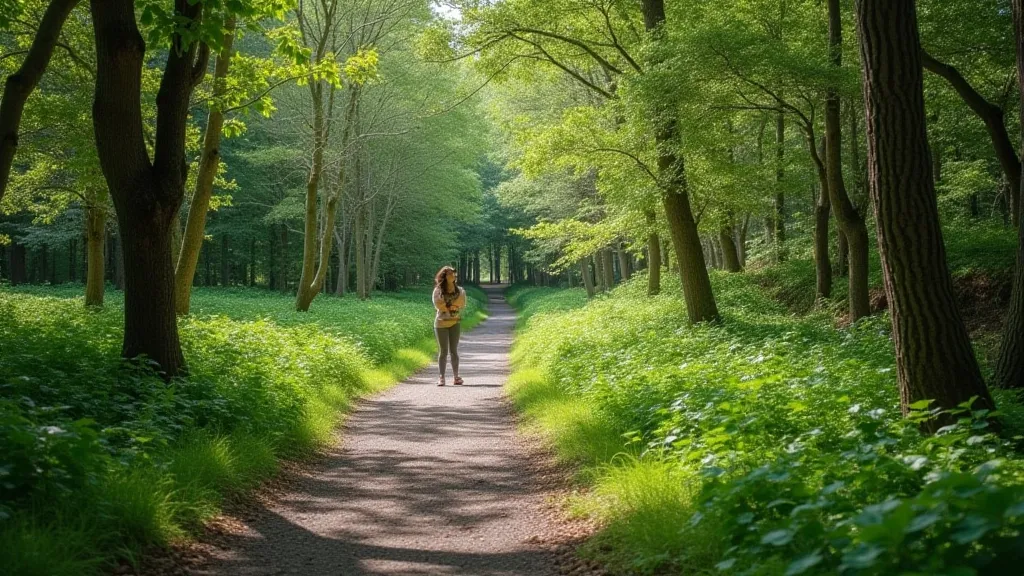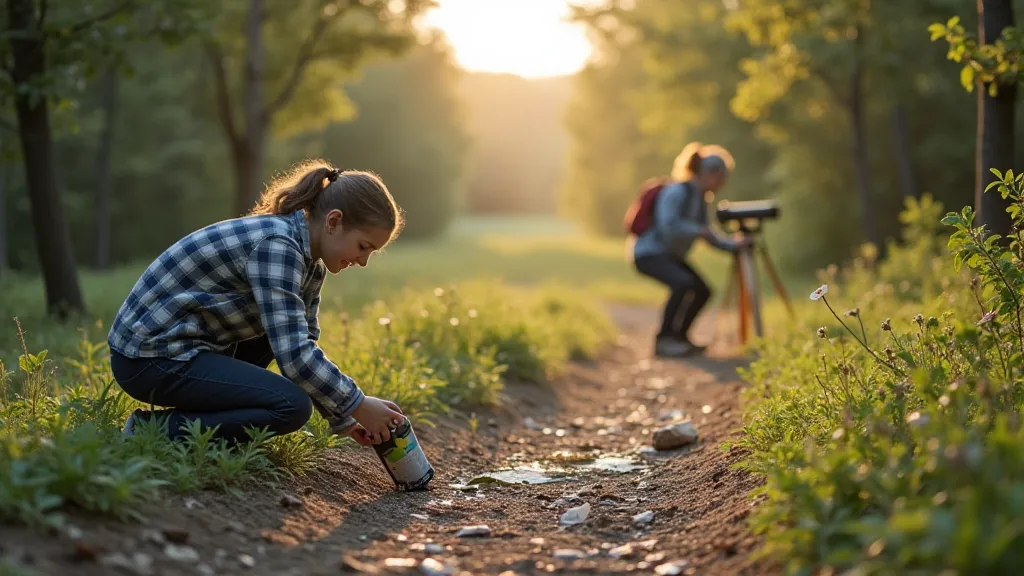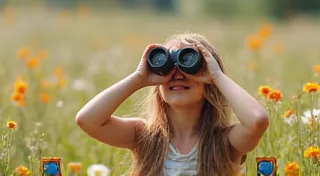Bird Watching Etiquette: Respecting Birds and Habitats
Being a bird watcher, or birder, is a wonderful way to connect with nature and appreciate the beauty of the avian world. However, it's crucial to remember that we’ve entered their home. As avid bird enthusiasts, we have a responsibility to minimize our impact on birds and their habitats. This guide will explore essential bird watching etiquette, ensuring we can enjoy birding sustainably for years to come.
Why Bird Watching Etiquette Matters
Birds are sensitive creatures. Their lives are demanding, requiring constant effort to find food, avoid predators, and raise young. Even seemingly minor disturbances can significantly impact their behavior, breeding success, and overall survival. Disrespectful birding practices can lead to:
- Stress: Constant human presence can stress birds, making them less likely to feed, mate, or care for their young.
- Habitat Degradation: Off-trail walking, trampling vegetation, and creating noise can damage delicate habitats.
- Nest Disturbance: Approaching nests can cause birds to abandon them, leaving eggs or chicks vulnerable.
- Disruption of Migration Patterns: Disturbing birds during migration can exhaust them and reduce their chances of survival.
Essential Bird Watching Etiquette Tips
Here's a breakdown of practical tips to ensure you're a responsible birder:
1. Keep a Safe Distance
This is arguably the most important rule. Use binoculars or a spotting scope to observe birds from a distance. Avoid approaching birds closely, especially during nesting season. Err on the side of caution – if you've disturbed a bird, you've gone too far.

2. Stay on Marked Trails
Avoid walking off designated trails. This prevents trampling vegetation and disturbing sensitive ground-nesting birds or their nests. Stick to established paths to minimize your impact.

3. Minimize Noise
Keep conversations quiet and avoid making unnecessary noises. Loud voices and sudden movements can startle birds and disrupt their behavior. Turn off ringtones on your phone.
4. Respect Nesting Sites
Never approach or disturb bird nests. If you find a nest, observe it from a distance and avoid lingering. Do not attempt to touch or handle eggs or chicks. If you suspect a nest has been disturbed, leave the area immediately.

5. Avoid Using Playback
Using recorded bird songs or calls (playback) can stress birds and disrupt their natural communication. It can also attract birds to areas where they are vulnerable to predators or human disturbance. Avoid playback whenever possible.
6. Leave No Trace
Pack out everything you pack in. Don't litter. Respect the natural environment and leave it as you found it – or even better.

7. Be Considerate of Other Birders
Share space respectfully. Be mindful of other birders and avoid blocking their view or disrupting their observations. Quietly move if necessary.
8. Report Concerns
If you witness any activities that are harmful to birds or their habitat, report them to the appropriate authorities, such as local wildlife organizations or park rangers.
Conclusion: A Shared Responsibility
Bird watching should be a rewarding and enriching experience for everyone. By following these simple etiquette guidelines, we can all contribute to the conservation of birds and their habitats. Let's be mindful, responsible, and respectful visitors to the avian world, ensuring that future generations can enjoy the beauty and wonder of bird watching.






